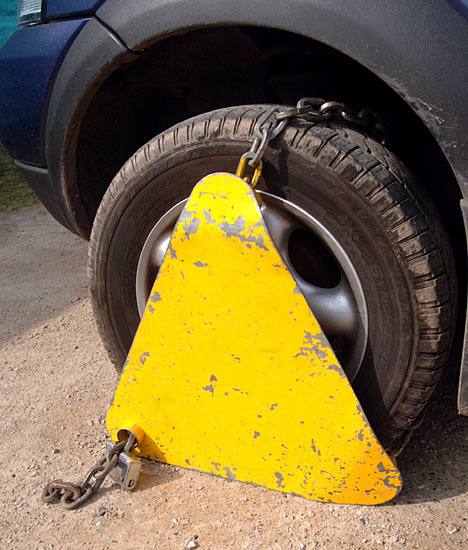Democrat Editorial - January-February 2009 (Number 112)
Where now?

The past year saw a barricade erected by the Irish electorate in the path to an EU Constitution. This is not the first time the people of Ireland have cocked a snook at imperialism. The first time was at Easter 1916.
Rather than accepting the 2008 Referendum majority result, all manner of ways and means are being used to have a second referendum. The Irish rejection of EU plans followed rejection by France and the Netherlands.
All the other EU Member States have been denied a say on the EU Constitution aka Lisbon Treaty. This leaves Ireland with the task of speaking for and deciding upon whether or not we have an EU super-state. The electorate and those organising a No! campaign in Ireland have a huge responsibility. They must receive our solidarity in as many ways as possible without telling the Irish what to do.
During 2008 a financial and economic crisis arrived. Quick fix measures have been and are being put in place which caused EU policies and plans to be cast aside. The fixes involve large unthinkable sums of tax payers’ money - several times larger than telephone numbers - being used to prop up broken banks and dig industries out of deep trouble. Whilst bankers remain in post, workers are laid off or put on short time. People lose their homes because they cannot pay off their mortgage to the salvaged banking system. The crisis is unprecedented in depth and scope and is worldwide where big capital reigns. The interlocking of so many countries in the crisis is because capital has been internationalised and mainly put beyond the control of nation-state governments.
In Britain we have the much vaunted very expensive PFI schemes used to replace direct government public expenditure. Many of these are now being put on hold due to lack of credit. The objective of PFI was to remove expenditure from the government’s books to meet the criteria for economic and monetary union. PFI schemes are simply a debt transfer scheme where ironically the high repayments are to banks now owned by the government!
Capitalism faced with crises seeks to solve them by calling for a tightening of belts and the use of war to stimulate production. A brief study of history shows that people are asked to tighten their belts and pay up for the machines of war to solve the crisis.
The policies and machinery of the EU on the side of big capital and against labour has been laid bare by the rulings of the European Court of Justice. Four cases have blatantly gone against long held trade union rights including collective bargaining. Directives on the working week, privatisation of the railways and postal services and more have shown the way the transnationals dominate EU legislation and override national governments and parliaments.
In the USA a new President has been elected raising many hopes within America and across the world. His first few days in office have seen some progressive moves made. Time will tell if the breath of relief drawn across the world immediately after this election is justified. The acid test is whether or not US foreign policy will be changed for the better rather than simply grand words. Having raised support for better things it is for the peoples of the US to press for them to be carried out. Informal democracy does actually work and people can make it to do so.
The answer is to regain the right to self-determination, national independence and democracy. Most problems in the world stem from one nation-state interfering in the internal affairs of another. We in Britain can only contribute to solving some of these problems by having a government which stands by these fundamental principles and clamps big capital.
The time has come to further discuss and implement the best ways and means of forming a popular front to regain these fundamental principles. In this the labour and trade union movement forms a key element. The EU is the antithesis of all forms of democracy and national independence. An initial step for the immediate future is to withdraw Britain from the EU. This does not prevent trade or co-operation on a whole range of matters between current EU Member States and many more countries in the rest of the world.